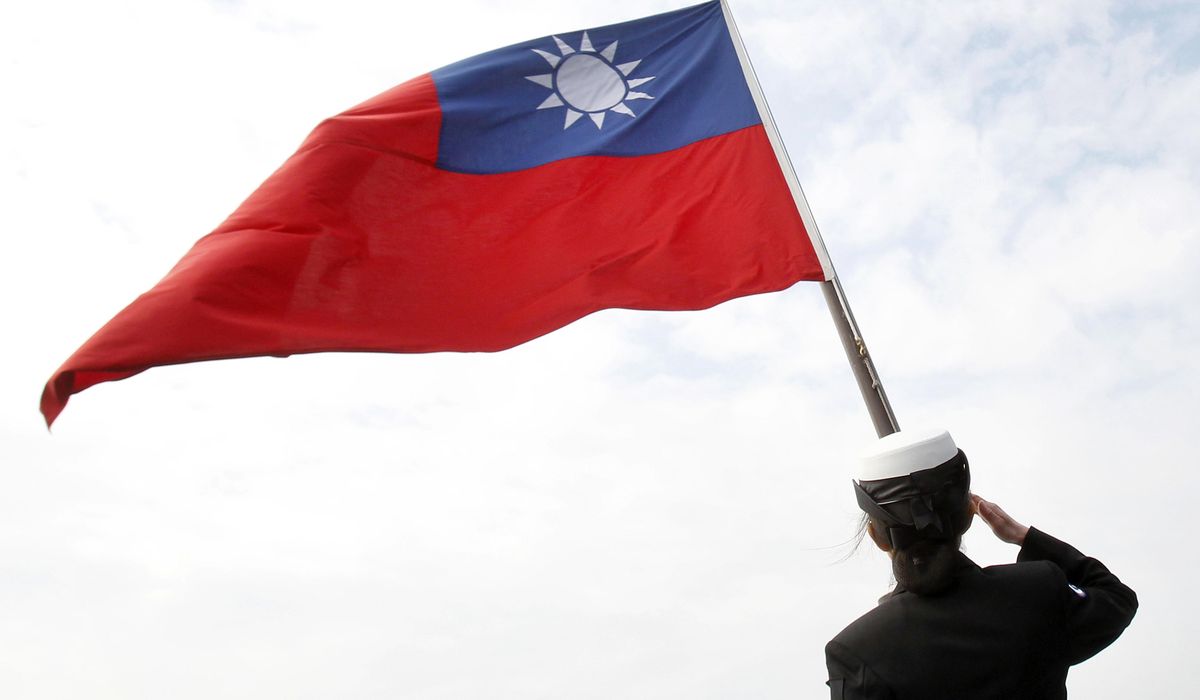

Adm. Studeman said naval intelligence officials sum up the current situation with China in two words used by Gen. Douglas McArthur in discussing the failure to head off World War II.
“’Too late,’” Adm. Studeman said. “Too late in comprehending the deadly purpose of a potential enemy. Too late in realizing the mortal danger. Too late in preparedness. Too late in uniting all possible forces for resistance.”
The command’s intelligence unit has provided Washington policymakers with strategic warning of the dangers and intentions of China in the region. The admiral’s blunt warnings about China contrast with a more measured assessment of the risk of a conflict with China from Army Gen. Mark A. Milley, chairman of the Joint Chiefs of Staff.
“I think China has a ways to go to develop the actual, no-kidding capability to conduct military operations to seize through military means the entire island of Taiwan if they wanted to do that,” Gen. Milley told a congressional hearing last month.
Several days later Gen. Milley voiced concerns about the capabilities of the U.S. military in waging an extended conflict with China. A war with China “would be an enormous expensive undertaking in terms of all measures and I would be concerned about the ability to sustain a long-term conflict,” he said.
Adm. Studeman said he feels confident U.S. forces would have adequate warning of a Chinese military attack on Taiwan.
“The issue is even if you had, let’s say 90 days of strategic warning for Taiwan, whether or not we have … have built up the capacities and the capabilities that we need to be able to handle the type of scenario which may be unfolding,” he said.
Adversaries like China have a different concept of war than the United States. For them, “every day is a day of war in terms of the continuous struggle for advantage and disadvantage for influence,” he said.
Despite reluctance to compare the threat from China to the Cold War with Moscow, Adm. Studeman said the scale and breadth of the danger is “absolutely awesome and it has every dimension we saw in the 20th century.” China, he argued, is not simply seeking to become a leading world power but plans to surpass the United States and become the world’s most powerful state.
“That’s what Xi Jinping’s course looks like,” he said, referring to the Chinese president. “And he’s been very aggressive across the way. He’s very Machiavellian. It’s not unfair to say that the Chinese rise has come through lying, cheating and stealing.”
China is expected to employ cyber warfare and anti-satellite attacks in any future conflict. Beijing is also investing heavily in space in anti-satellite weapons, including electronic jammers, and missiles capable of blasting orbiting satellites and conducting attacks with other satellites.
“They are on the march,” Adm. Studeman said. “It’s clear as day what they’re putting into the investments.”
U.S. forces also are investing heavily in space defenses “and it will be a game of measures, and countermeasures, and counter-countermeasures” in a future space conflict.
China’s government has used its technological capabilities around the world to gather masses of data that can be used for what the admiral called “effective control” over populations, such as in Xinjiang and Hong Kong.
“This is a foreshadowing of what Chinese effective control will look like in other places,” he said.
China is seeking to simultaneously gain control over contested areas such as the border with India, areas around Bhutan in South Asia, the Mekong region of Vietnam, the South China Sea, the East China Sea and the Taiwan Strait, he said. Internally, the ruling Chinese Communist Party, has strong institutions of power and the regime does not appear to be threatened by dissension that could produce serious opposition, the admiral added.
